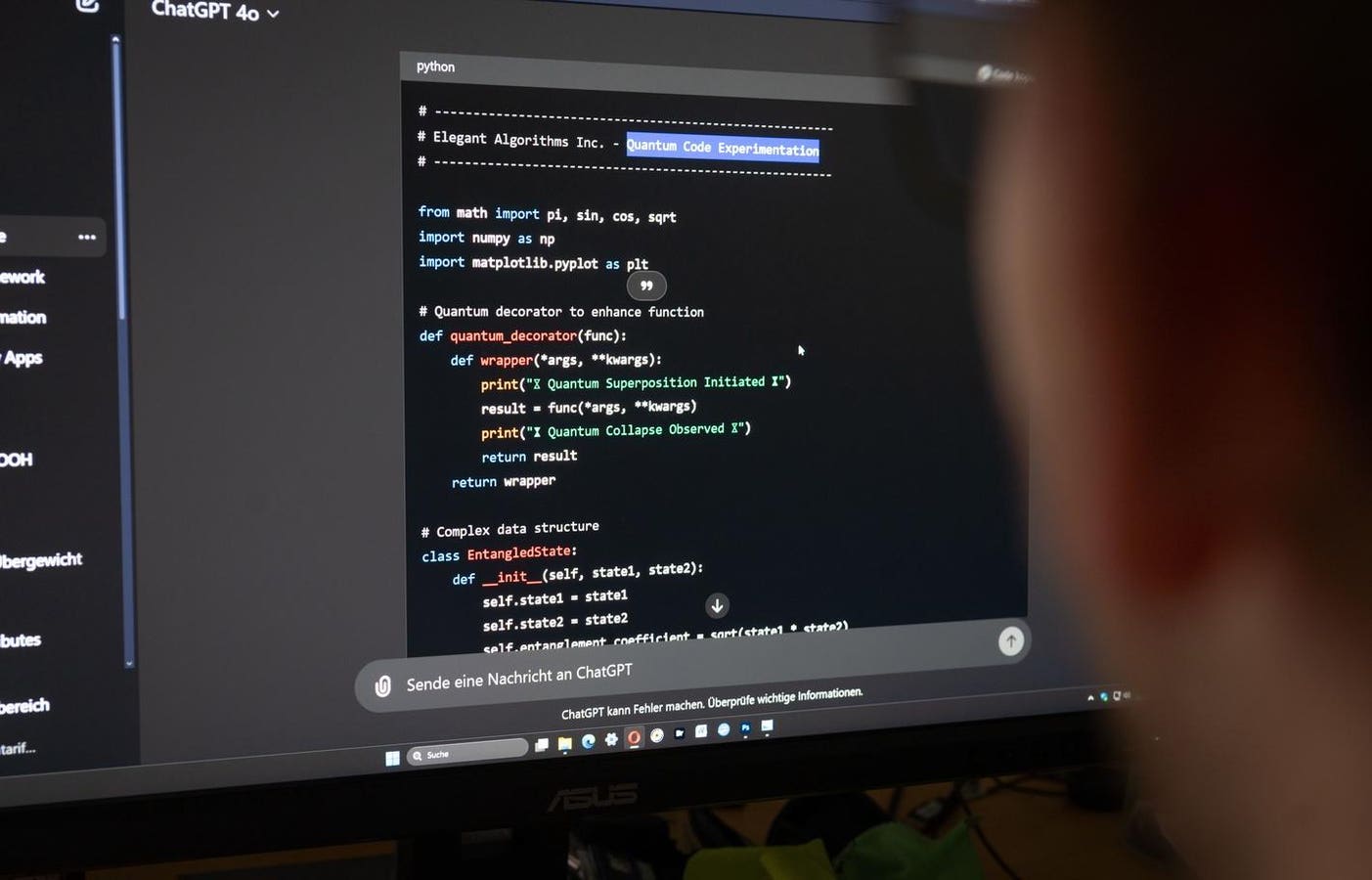Welcome back to The Prompt.
Mark Zuckerberg has found a fresh target for his AI talent shopping spree: Thinking Machines Labs, The Wall Street Journal reported. Zuckerberg had previously reached out to Mira Murati, the former CTO of OpenAI and current CEO of Thinking Machines Labs to acquire her company, according to the report. When she turned down the offer, Zuckerberg approached dozens of researchers at the fledgling startup that has yet to launch a product. In at least one case, he reportedly even offered a pay package of salary, bonuses and stocks potentially worth over $1 billion. Meta spokesperson Andy Stone called the reported offer size “ridiculous and inaccurate.”
Let’s get into the headlines.
BIG PLAYS
AI audio startup ElevenLabs has launched a new product called Eleven Music, which allows people, creators and businesses to create a soundtrack, in any genre or style, from natural language prompts. This puts the company in competition with the likes of Suno and Udio, but it may have an edge: it has struck partnership deals with labels and publishers like Merlin and Kobalt to distribute the technology to more music artists.
Elsewhere, OpenAI has released two open weight language models, which can be trained for specific use cases like making sense of massive amounts of text in a specific domain and run locally on devices instead of using the cloud. Open weight models allow anyone to peek into the guts of the model and understand how it processes information–which is not quite the same as open source, where the entire codebase, including the model’s architecture, is publicly available. Still, that’s a departure from the AI juggernaut’s past few model releases, which have all been closed to developers.
ETHICS+LAW
Search startup Perplexity’s web crawlers are evading website owners’ attempts to block them using robot.txt, a protocol that indicates which sites and pages search engines are allowed to crawl and index, according to Cloudflare. This involves obfuscating the identity of its crawler bot and cloaking its ASNs (unique codes used by networks to exchange information). Publishers who have blocked Perplexity’s declared bots from crawling and scraping have reported that the site continued to access their content.
AI DEAL OF THE WEEK
Cognition, maker of an autonomous coding agent called Devin, is in talks to raise more than $300 million at a $10 billion valuation, Forbes reported. Founders Fund and Khosla Ventures are participating in the deal, according to people familiar with the details. The startup recently acquired what was left of its AI coding rival Windsurf, after its cofounders departed for Google DeepMind. Since that acquisition, Cognition has laid off 30 Windsurf employees and offered buyouts to the rest, The Information reported.
DEEP DIVE
Software developers love using AI to help them code, and many shell out hundreds of dollars to subscribe to software like Cursor and Anthropic’s Claude Code. But ever-evolving pricing plans on those subscriptions are fueling dissatisfaction.
Earlier this month, coders using Cursor took to the internet to vent about sudden and unexpected charges after the company changed its $20-per-month subscription plan to cap usage with an option to pay more to use the tool more. Others complained about maxing out usage limits before being able to enter more than three prompts, calling Cursor’s pricing switch “shady” and “vague.” (CEO Michael Truell later apologized for how the pricing changes were rolled out). When Anthropic secretly added additional weekly usage limits to Claude Code, power users were left befuddled, claiming the company’s calculation of usage was inaccurate.
Saoud Rizwan sees this growing frustration as an opportunity. In October 2024, Rizwan launched Cline with a simple proposition: his tool would bring more transparency to AI service billing and help developers afford access to a variety of AI models.
Cline plugs into code editors like VSCode and Cursor and provides developers access to AI models of their choice without worrying about arbitrary limits. Developers pay AI model providers like Anthropic, Google or OpenAI directly for what’s called “inference” or the cost of running AI models, and Cline shows them a full breakdown of the cost of each request.
CEO Rizwan, 28, said his startup’s biggest differentiator in the fiercely competitive AI coding space is its business model. Companies like Cursor make money through heavily subsidized $20 monthly subscriptions, managing high costs by routing queries to cheaper AI models, he claimed. Cline is “sitting that game out altogether,” he said. “We capture zero margin on AI usage. We’re purely just directing the inference.”
That tactic helped convince Yaz El-Baba, a partner at VC firm Emergence, to lead the company’s recent $27 million series A round, which valued the company at $110 million. El-Baba told Forbes that because Cline doesn’t make any money on inference it has no incentive to degrade the quality of its product. Cline is an open source product that’s free for developers to use, but it soon plans to add additional paid features for enterprise customers.
“What other players have done is raise hundreds of millions of dollars and try to subsidize their way to ubiquity so that they become the tool of choice for developers. And the way that they’ve chosen to do that is by bundling inference into a subscription price that is far lower than the actual cost to provide that service,” he said. “It’s just an absolutely unsustainable business model.” But with Cline users know what they’re paying for and can choose which models to use and where to send sensitive enterprise data like proprietary code.
Read the full story on Forbes.
MODEL BEHAVIOR
Anthropic has cut off OpenAI’s API access to its AI models after OpenAI’s staff members violated its terms of service, Wired reported. OpenAI technical staff reportedly used Claude Code ahead of the launch of OpenAI’s next flagship model GPT-5. Anthropic’s terms of service bars anyone from using its models to build a competing product. By plugging Claude into its internal tools, OpenAI was able to run tests and evaluate Claude’s capabilities as well as observe Claude’s responses to various safety-related questions and adjust the models accordingly.








